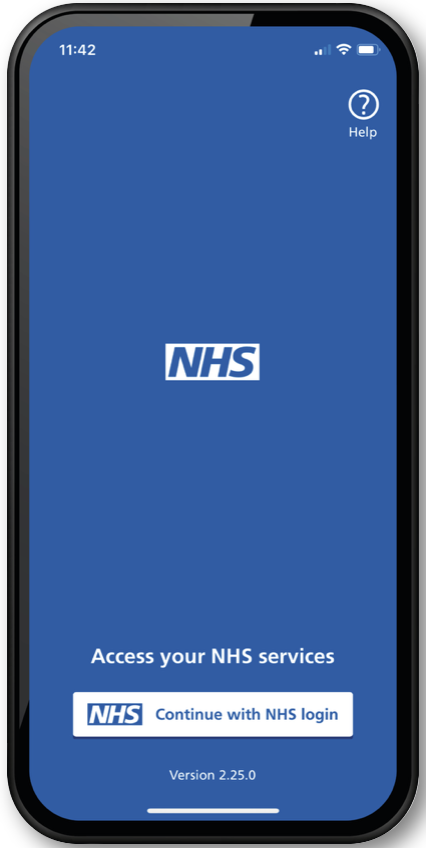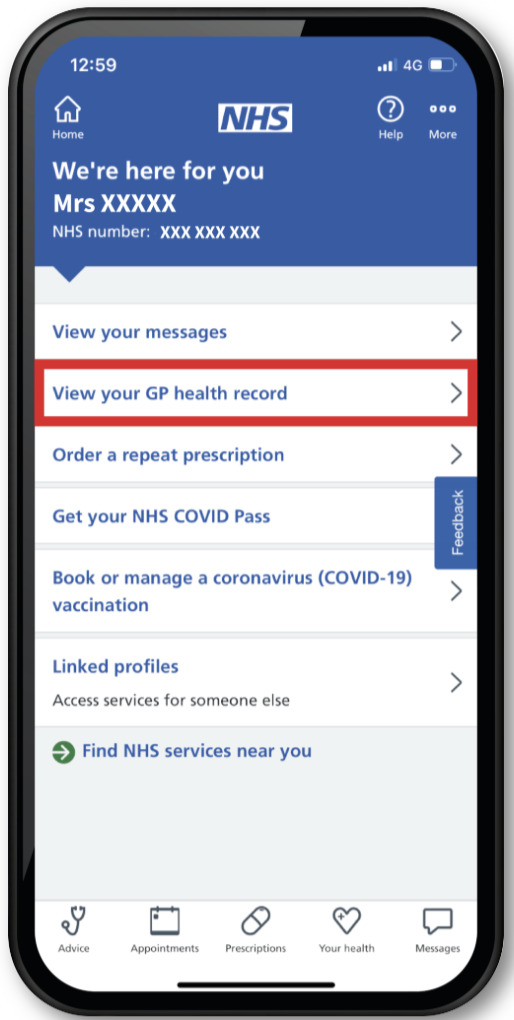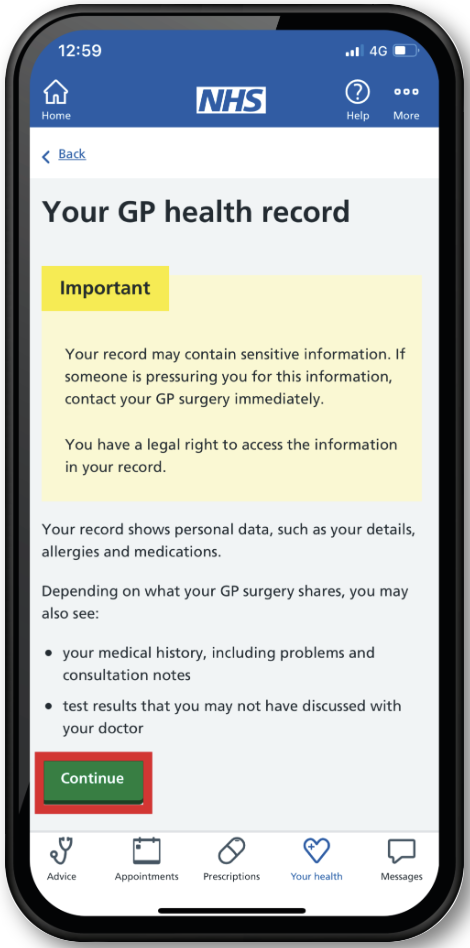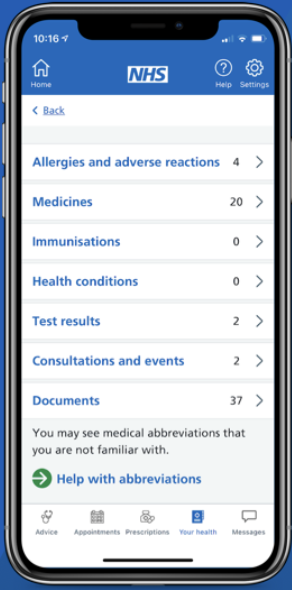Everyone is at risk of developing heart disease, stroke, diabetes, kidney disease and some forms of dementia and this risk increases with age. The good news is that these conditions can often be prevented.
Why should I have an NHS Health Check?
The NHS Health Check aims to lower your risk of getting conditions that affect the heart and blood vessels, such as heart disease, stroke and kidney disease.
Many of the warning signs for these conditions, such as high blood pressure and high cholesterol, do not have symptoms.
The NHS Health Check helps you find out if you are at risk of getting these conditions so you can take action to improve your health. This could include making lifestyle changes or taking medicines.
Who is an NHS Health Check for?
An NHS Health Check is check is for people who are aged 40 to 74 who do not have any of the following pre-existing conditions:
- heart disease
- chronic kidney disease
- diabetes
- high blood pressure (hypertension)
- atrial fibrillation
- transient ischaemic attack
- inherited high cholesterol (familial hypercholesterolemia)
- heart failure
- peripheral arterial disease
- stroke
- currently being prescribed statins to lower cholesterol
- previous checks have found that you have a 20% or higher risk of getting cardiovascular disease over the next 10 years
You should have regular check-ups if you have one of these conditions. Our Practice care team will be able to give you more information about this.
Where do we provide an NHS Health Check?
All NHS Health Checks are based in the Practice.
Who will I see when I attend an NHS Health Check?
Your NHS Health Check will be done by a Healthcare Practitioner. This will usually be a Practice Nurse or a Healthcare Assistant.
Our Health Practitioner team includes four Practice Nurses, four Healthcare Assistants and two GP Assistants. If you only wish to be seen by a female Health Practitioner, we advise you state your preference at time of appointment booking.
What does an NHS Health Check involve?
The check takes about 20 to 30 minutes and usually includes:
- measuring your height and weight
- measuring your waist
- a blood pressure test
- a cholesterol test and a blood sugar level test
You’ll also be asked some questions about your health including:
- whether any of your close relatives have had any medical conditions
- if you smoke, and how much
- if you drink alcohol, and how much
- how much physical activity you do
Your age, gender and ethnicity will also be recorded.
How should I prepare for my NHS Health Check?
There are some things you can do to help you prepare for an NHS Health Check, such as:
- wearing a top with sleeves that are easy to roll up
- staying hydrated
- not eating a heavy meal or having caffeine beforehand
- recollecting any significant family medical history, such us high blood pressure, diabetes, stroke, heart disease or high cholesterol.
How will I get my NHS Health Check result?
In your appointment, you will usually be given your cardiovascular risk score of developing a heart or circulation problem, such as heart disease, stroke, type 2 diabetes or kidney disease, over the next 10 years. The health practitioner may describe this risk score as low, moderate or high.
At the end of your NHS Health Check appointment, you will have the chance to discuss how to improve your scores, including where you can get support. You may also be referred to local services, such as stop smoking and physical activity services, to help you make any changes.
Once a Practice GP has reviewed the results of your NHS Health Check blood tests, the Practice will contact you if medical treatment, including further tests or treatment, is recommended for you to improve your cardiovascular score.
How do I check my NHS Health Check blood test results?
- Login to the NHS App on your smartphone or via your web browser using the NHS App weblink. You will be able to sign in using Face ID or your NHS Login credentials.
- From the main menu, select ‘View your GP health record’.
- There will be a ‘sensitive information’ warning: please read the information and select ‘continue’ at the bottom of the page.
- Select ‘Test results’ from the menu. If you can see ‘Test results’ in the menu, please contact the Practice to have your access reset.
- Here you will see all information and related comments to blood tests in the Practice or blood tests taken in the community (for housebound patients) or in hospital (following a referral from a Practice clinician).



